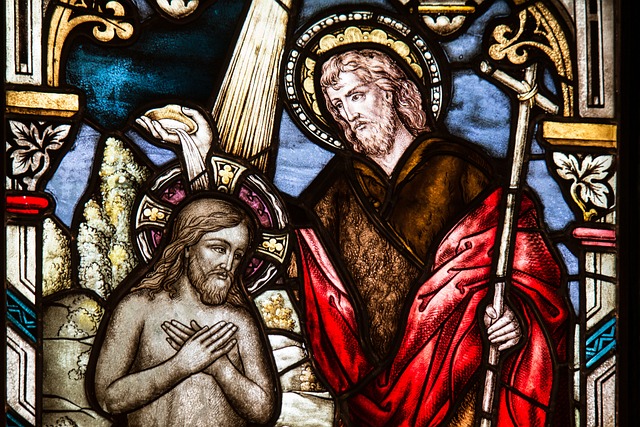Exploring the Sacred Sacraments in Religious Rituals
Throughout history, various religions have cultivated meaningful practices that connect individuals with their spiritual beliefs. At the heart of many of these traditions lies the concept of sacraments, which serve as outward signs of inward grace. These sacred rites are not merely acts of tradition; they represent profound moments of transformation, community, and connection with the divine.
The Significance of Sacraments
In many faiths, sacraments are seen as crucial milestones in a person’s spiritual journey. They are often celebrated in community settings, which reinforce the bonds between individuals and their faith, as well as their relationships with one another. Each sacrament is rich with history, symbolism, and a deep sense of reverence. For instance, in Christianity, sacraments such as baptism and communion embody the essence of faith, representing entry into the community of believers and a remembrance of the divine covenant.
Rituals that Nourish the Soul
The act of participating in sacramental rituals is a means of nourishing the soul. These ceremonies often invoke powerful emotions, drawing the faithful into a shared experience of wonder and awe. Whether it is the ritual breaking of bread in a church service or the sacred chanting of prayers during a holy pilgrimage, each moment serves to deepen one’s connection to the divine, and, importantly, offers an opportunity for personal reflection and growth.
Diverse Expressions of Sacredness
Diverse religions express sacraments in unique ways. For example, in Hinduism, rituals such as puja and samskaras mark significant life events and create a sacred space for devotion. Similarly, in Buddhism, the rites of passage, including monks’ ordination, provide a profound experience of commitment and purpose. Each tradition recognizes the importance of marking life’s pivotal moments through ritual, reinforcing a shared belief in the transcendent.
Connecting Generations Through Sacraments
The power of sacraments extends beyond the individual; they are often a means of connecting generations. Family members gather to witness and celebrate these sacred moments, passing down traditions and stories that link the past with the present. In this way, sacramental rituals become a tapestry of faith woven together by the threads of shared experiences, memories, and the aspirations of the community.
A Journey of Faith
Engaging with sacraments allows individuals to embark on a personal journey of faith and self-discovery. They invite introspection and contemplation, encouraging one to ask deeper questions about purpose, identity, and connection. As individuals navigate through their spiritual paths, the rituals associated with sacraments often illuminate the way, providing clarity and comfort in times of uncertainty.
Incorporating the sacred rites of your faith into your life can ultimately enhance your experience of belonging, purpose, and understanding. Whether through rituals of initiation, service, or remembrance, the sacraments remain a powerful reminder of the divine presence in our everyday lives, guiding us toward a deeper connection with ourselves and the world around us.




